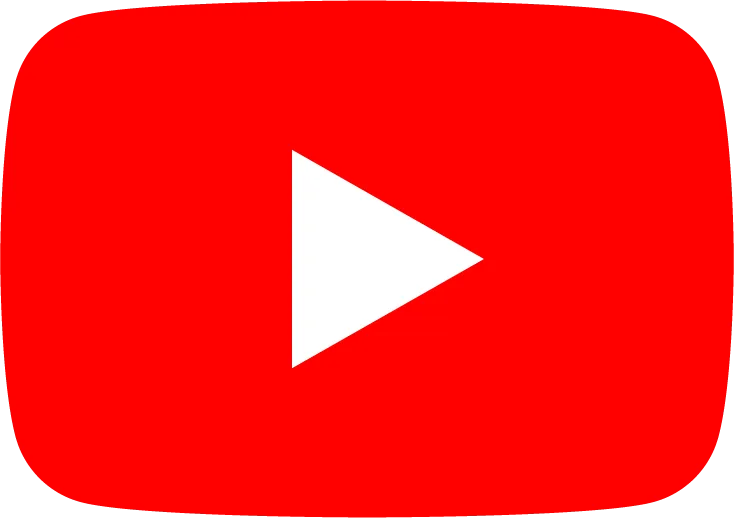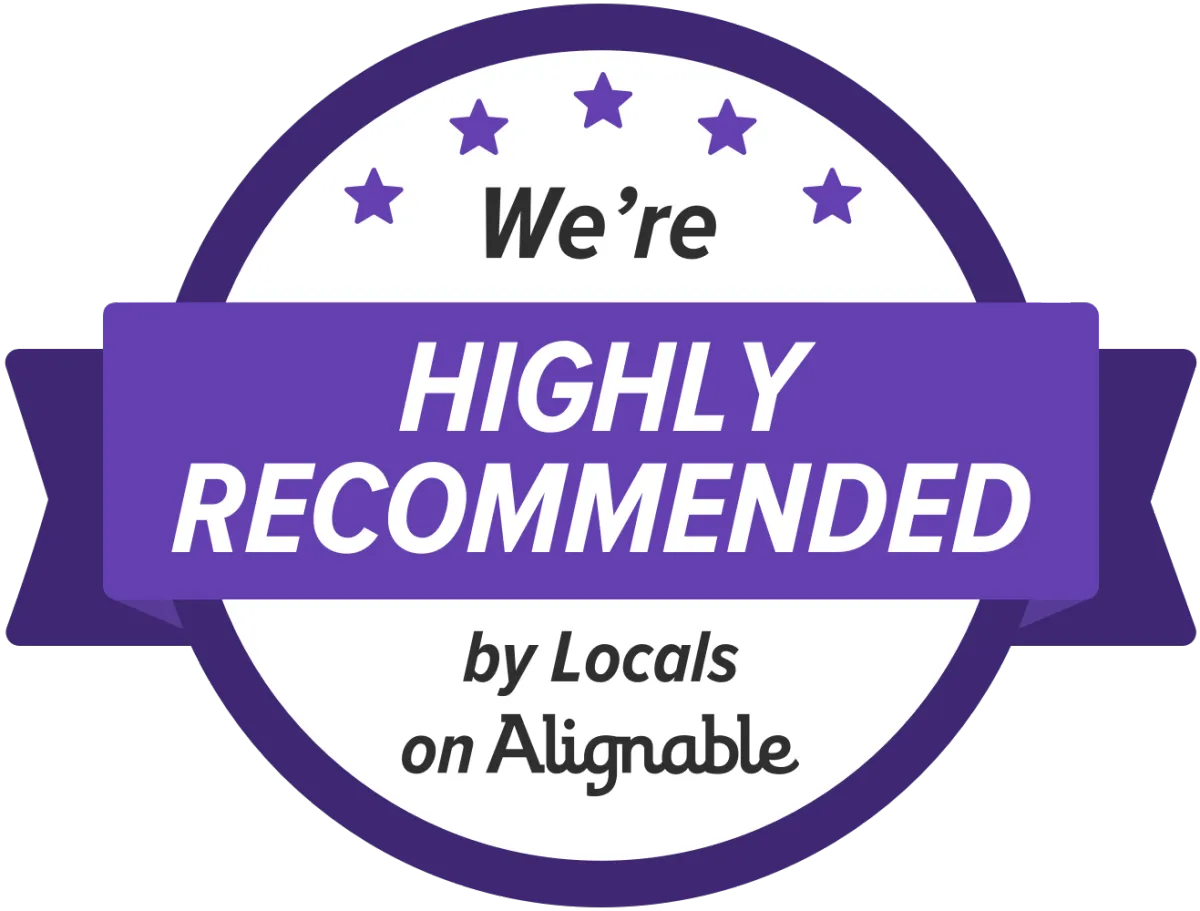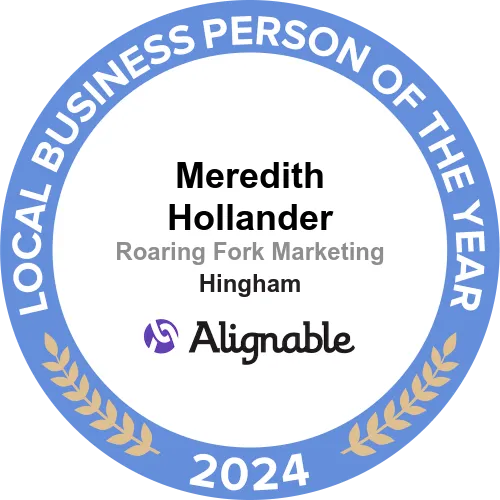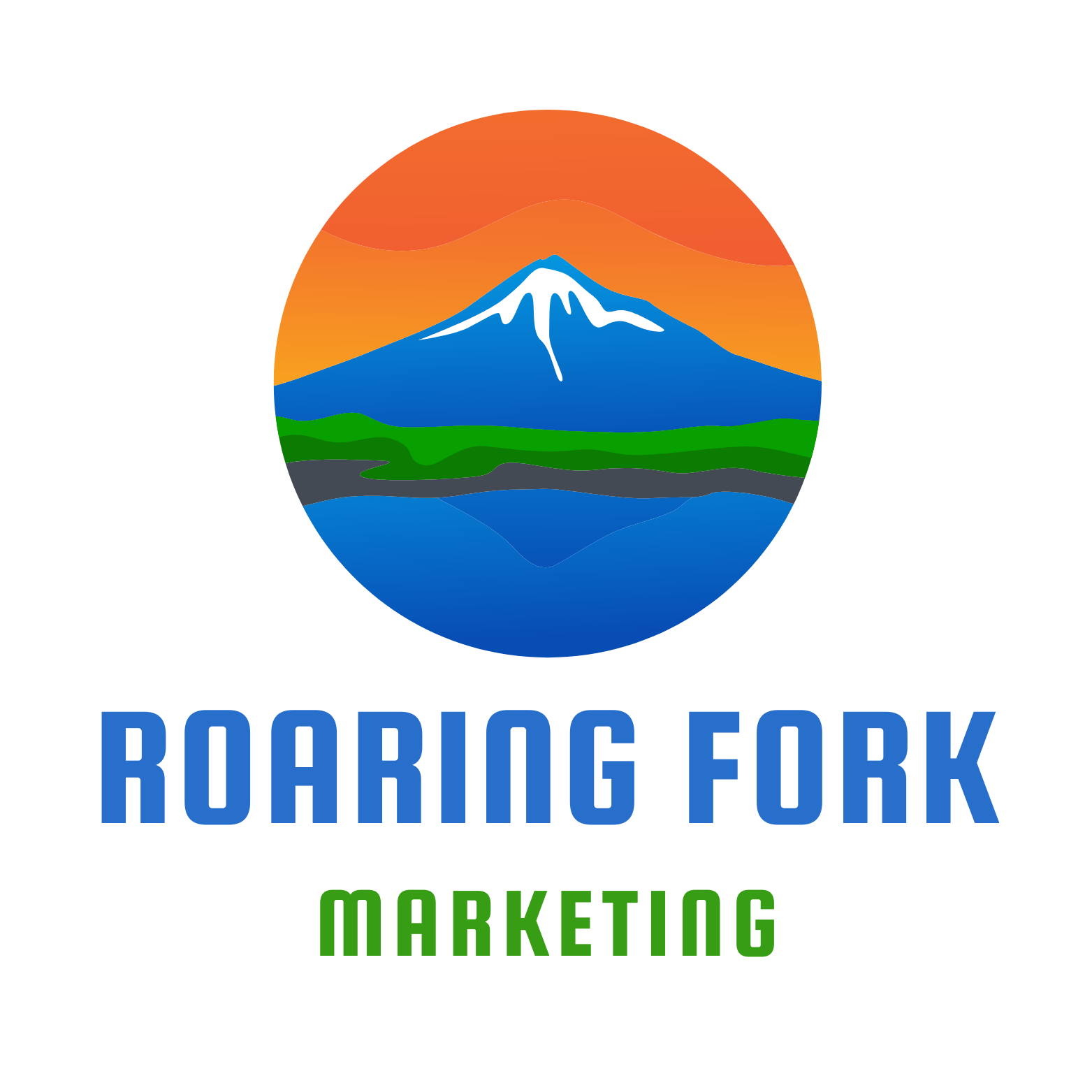Blog
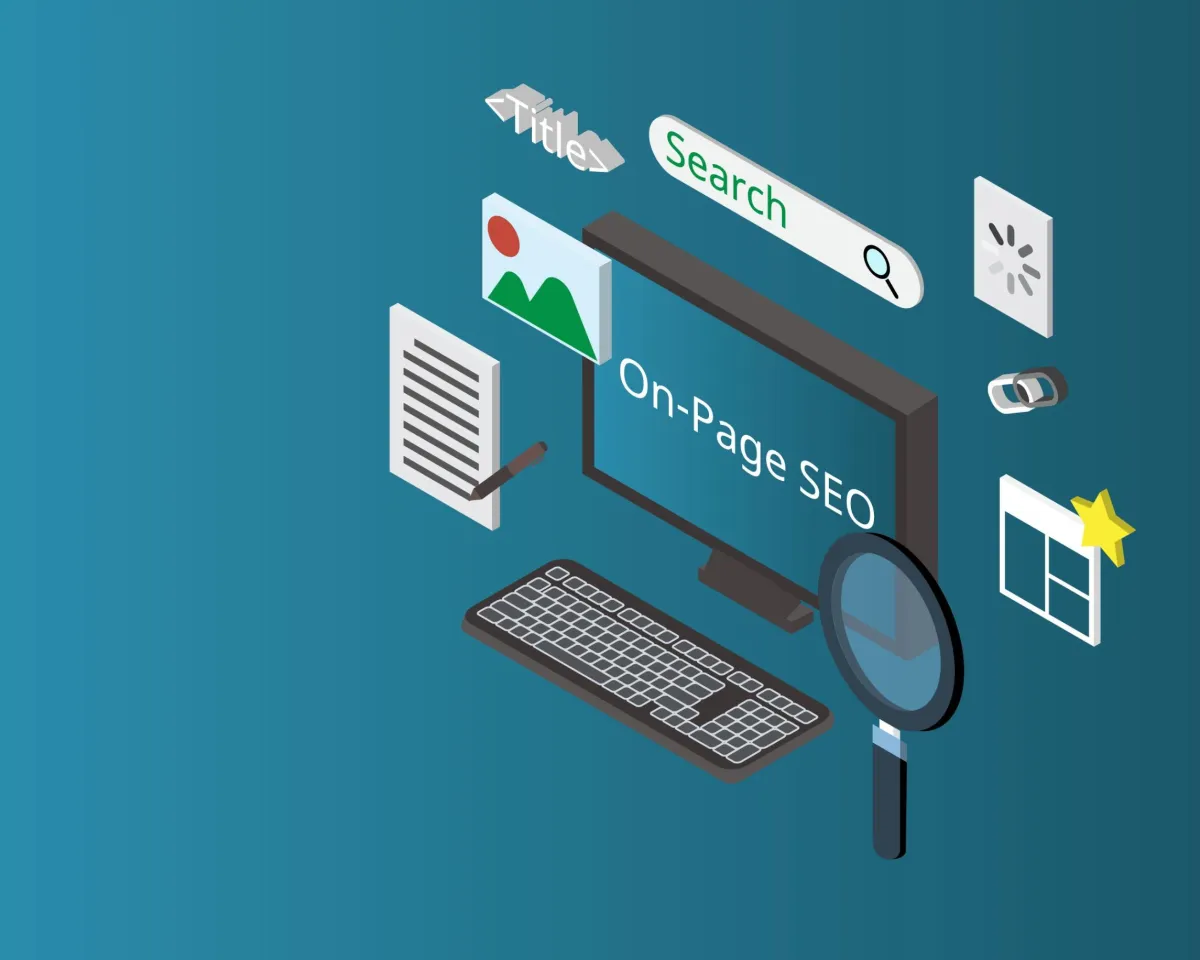
On-Page SEO: What It Is + How to Do It | Blog
Welcome to the world of search engine optimization, commonly known as SEO. If you've ever searched for something on Google (and let's be real, who hasn't?), then you're already familiar with the power and importance of SEO. But there's more to it than just keywords and backlinks. In this article we’ll talk about one key component of a successful SEO strategy, on-page optimization.
This refers to all the elements that make up your website pages and affect your search engine rankings. From content creation to title tags and meta descriptions, having a strong understanding of on-page SEO can greatly impact your website's visibility and traffic.
So buckle up and get ready to dive into the world of on-page SEO — this blog post will cover everything you need to know about what it is and how to do it effectively.
Introduction to on-page SEO and why it's important for your website
Your website is a reflection of your business, and you want it to be the best representation possible. That's where on-page SEO comes in. This process involves optimizing the content and structure of your website to improve its visibility in search engines.
Essentially, on-page SEO is about ensuring that search engines can easily find, understand, and index your pages. By doing so, you can increase the likelihood that your target audience will find your website when searching for relevant keywords. Not only can this drive more traffic to your site, but it can also help you build credibility and trust with your visitors.
In short, on-page SEO is a critical component of your website's success, and it's worth investing time and effort into getting it right.
Understanding the basics of on-page SEO, including keywords, meta tags, and content optimization
In the vast universe of digital marketing, on-page SEO holds a significant place in enhancing your website's visibility and gaining organic traffic. Understanding the basics of on-page SEO can be overwhelming for beginners. But once you get it right, it can amplify your online presence like never before.
The core elements of on-page SEO include keywords, meta tags, and content optimization. These factors affect your website's ranking on search engines and determine its relevancy to users' search queries. With a strategic approach to on-page SEO, you can create compelling content that resonates with your target audience and attracts qualified leads.
So, take your time to learn the nitty-gritty of on-page SEO, and you'll be surprised to see how it can benefit your website's growth.
Conducting keyword research and choosing the right keywords for your website
As a website owner, one of the most important things you can do is conduct thorough keyword research to determine the right keywords to include on your site. Taking the time to do this properly can have a significant impact on your website's visibility and overall success.
By identifying the search terms that are most relevant to your business or industry, you can optimize your website's content and ensure that it's being seen by the people who are most likely to be interested in what you have to offer.
So whether you're just starting out with your website or are looking to fine-tune your existing content, taking the time to choose the right keywords is an essential step in achieving your online goals.
Crafting compelling title tags and meta descriptions to improve click-through rates
In the world of search engine optimization (SEO), crafting strong title tags and meta descriptions are crucial strategies to drive traffic to your website. A title tag is the clickable text that appears on search engine results pages (SERPs), while the meta description provides a snippet of information about the page.
Together, these elements serve as the first impression for potential visitors and can significantly affect their decision to click on your link. By using engaging language and incorporating relevant keywords, you can improve your click-through rates and increase your website's visibility.
Don't underestimate the power of a well-crafted title tag and meta description in attracting new visitors to your site.
Using header tags to organize content and improve readability for both users and search engines
When it comes to creating quality content, using header tags can make a world of difference. Not only do they visually separate content into sections, they also improve the user experience by making it easier to scan and find information.
But header tags do more than just benefit the reader. Search engines also use header tags to understand the structure and hierarchy of a webpage, which can affect its ranking on search engine results pages.
So, whether you're a content creator or a website owner, incorporating header tags into your content strategy is a smart move that can improve both readability and SEO.
Optimizing images with alt text and file names for better visibility in search results
When it comes to optimizing your website for search engines, images are often overlooked. However, images can play a big role in boosting your visibility in search results. One important way to optimize your images is by using descriptive file names and alt text.
By using relevant keywords in your file names and alt text, you can signal to search engines what your images are about and improve your chances of being found by users. Not only will this improve your visibility in search results, but it can also enhance the user experience on your website by making it more accessible to those using assistive technologies.
Don't forget about your images when it comes to SEO — taking the time to properly optimize them can pay off in a big way.
Creating high-quality, relevant content that incorporates your chosen keywords naturally
Creating content that attracts and retains readers can be a daunting task, especially when you're trying to incorporate targeted keywords into your writing.
However, writing high-quality, relevant content that is easy to read and engaging, while also including your desired keywords, is important for search engine optimization. Incorporating keywords naturally into your content can also improve your website's visibility and generate more organic traffic.
Whether you’re a blogger, business owner, or digital marketer, crafting great content that both meets your readers’ needs and resonates with search engines is essential for driving traffic and boosting your online presence.
Internal linking strategies to improve site structure and boost rankings
Internal linking is essential when it comes to improving the structure of your website. Not only does it help users navigate through your site, but it impacts your site's ranking. By linking related pages within your site, you allow search engines to crawl your content more efficiently and understand the hierarchy of your pages.
This could eventually lead to more visibility in search results and drive more traffic to your site. However, it's important to strategize your internal linking efforts properly to avoid overloading your pages with links and potentially hurting your site's user experience.
Focus on linking to pages that are relevant and useful to your audience, but make sure to keep the flow of your content natural and user-friendly.
The importance of mobile optimization for on-page SEO
In today's increasingly digital world, having a website that is optimized for mobile devices is key to success. With more and more people using their smartphones and tablets to browse the internet, search engines are putting a strong emphasis on mobile optimization for on-page SEO.
Sites that are not mobile-friendly risk being left behind in search engine rankings, which can have a major impact on traffic, conversions, and ultimately, revenue. By ensuring that your website is optimized for mobile devices, you can improve user experience, increase engagement, and ultimately achieve better results in search engine rankings.
So, if you haven't already, it's time to prioritize mobile optimization for your website.
Tips for monitoring and analyzing your on-page SEO efforts to make continuous improvements
Improving your website's search engine optimization (SEO) rankings requires more than just optimizing your content once and hoping for the best. The key to driving ongoing traffic to your site is to continuously monitor and analyze your on-page SEO efforts.
By doing so, you can identify any areas for improvement and make the necessary changes to boost your ranking on search engine results pages (SERPs). This can seem overwhelming, but with the right tools and techniques, you can create a streamlined and successful process for improving your on-page SEO efforts.
Whether it's ensuring your website is mobile-friendly, developing high-quality content, or optimizing your meta descriptions, every small improvement you make to your website can lead to big results. So, it's time to start paying attention to your on-page SEO efforts and make continuous improvements to drive traffic and growth for your website.
In conclusion
In today's digital landscape, having a website is essential to reach a wider audience and grow your business. However, simply having a website isn't enough — you need to optimize it for search engines to ensure that your target audience can find you online.
On-page SEO is a crucial aspect of website optimization that should not be overlooked. By understanding the basics and implementing strategies such as keyword research, crafting strong title tags and meta descriptions, using header tags, optimizing images, creating high-quality content, and internal linking, you can greatly improve your website's visibility and rankings on search engine result pages.
Remember the importance of mobile optimization in today's digital landscape and regularly monitoring and analyzing your efforts to make continuous improvements. With on-page SEO, you have the power to drive organic traffic to your website and increase your online presence. So take action now and start implementing these techniques to see real results.
Remember, your website is the face of your brand online, so why not make it stand out with effective on-page SEO? It's time to level up your website game!
About Roaring Fork Marketing
Roaring Fork Marketing is a leading marketing agency dedicated to helping real estate agents thrive. Leveraging years of industry-specific experience, we understand the unique challenges faced by Realtors and can provide tailored strategies to enhance your value, build strong community connections, and increase your visibility to potential clients. Our team of experts specializes in digital marketing, and business growth strategy. Contact us today to learn more.
Get Your Free Digital Marketing Audit!
© Copyright 2025. Roaring Fork Marketing LLC. All rights reserved.
10 Liberty Rd, Hingham, MA 02043, https://roaringforkmarketing.com/



